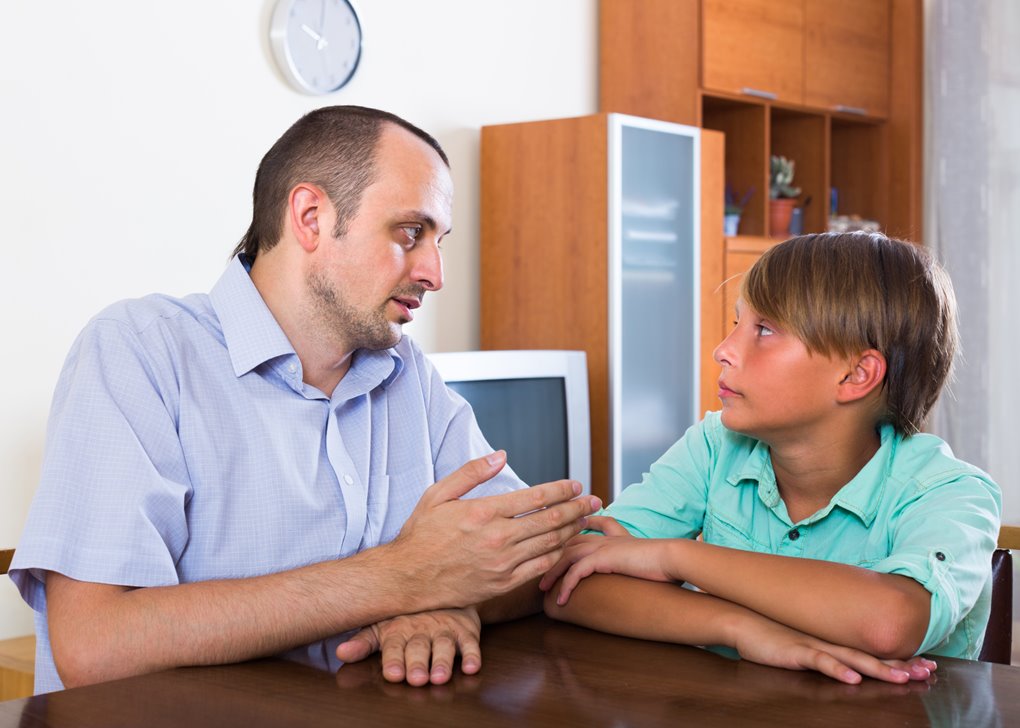Children are good observers who quickly learn what is happening around them. They are exceptionally sensitive to changes, especially when the change affects their families. A parent or guardian who monitors the daily activities but suddenly fails to inspect anything is a change that can bother a child. A child is quick to notice some visual indicators that show when a parent is suffering from a particular disease. Lack of caring or interest is quickly noted by kids and may be an indicator of a severe depressive disorder.
Younger Kids
Explaining what is affecting you is of paramount importance. Children can suffer from hurtful and unexpected beliefs if they are left to make their own conclusions. Children lack the ability to interpret situations efficiently because they do not have enough experience. Little kids always have issues with vocabularies. They are less likely to comprehend terms such as “mental health” or “depression.” You should keep your statement brief and use simple terms that the child can readily understand.
Physical illness is closely related to mental illness. A child who recalls suffering from the flu can precisely understand the idea of experiencing illness that made him/her feel unwell, but the situation got better after some time. Try to share the symptoms in simple words. Depression can hurt someone inside making them weep. Although it does not hurt the head, it sometimes hurts your stomach and muscles. Allow your children to ask any questions, but your explanations should be brief. Giving a long and more detailed explanation of what your physician advised you to expect will not help the little child to understand what is happening.
You just need to assure your child that you are following the doctor’s instructions and taking the medication. As a consequence, your child will trust that you will get well with time. Try to be realistic and positive and avoid promising your kids that your condition will improve within a few days. Explain to them that it takes a long period to get better at times. Assure your kids that you will continue spending quality time with them once your condition improves.
However, ensure that they fully understand that a mental illness is a condition that happens unexpectedly. They should know that they are not the cause, and you still love them very much. Assure your kids that they can seek help from other mature persons if the condition worsens or if they require something that their parents cannot meet.
Teenagers and Older Children
Teens can think that you are likely to commit suicide, but they might find it quite challenging to ask the questions directly. Assure your children that you cannot commit suicide. If you experience suicidal thoughts, ascertain that you have thoroughly shared with your doctor, and you have managed to control the feelings.
Older children are likely to understand the state of depression better. However, they are less likely to understand the difference between clinical mental illness and a general feeling of sadness. You need to explain the difference between the two and also explore how the medication works and the time required to complete the treatment.
In summary, if older children ask you how they can assist you, just ask them for support and patience. Assure them that the support you are receiving is adequate and they are not entitled to performing tedious domestic chores or other challenging responsibilities. Always use simple terms when explaining your depression to your children. Suggest and specify the other responsible adult whom they can reach for love and safety.
Image source: Thinkstock/JackF



